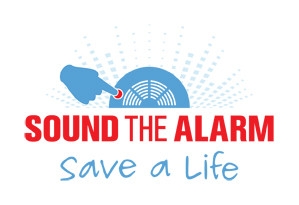

The Greek authorities are working hard to meet basic needs but with no sign the situation will improve and numbers continuing to increase, the IFRC is gravely concerned about the welfare of those stranded. For families who have already experienced more trauma and distress than most of us could ever imagine to be put in this position is appalling.” At least 40 per cent of those trapped in Greece are children. Mr Missiri said: “The rest of Europe should not pull down the shutters and pretend this isn’t happening. Afghans, who were previously able to move onward in search of asylum, are no longer permitted to travel beyond Greece. “Greece cannot cope with this alone – food supplies have run out at the northern border and the situation is one of despair,” said Simon Missiri, director of Europe for the International Federation of Red Cross and Red Crescent Societies (IFRC).Īt least 30,000 people have been stranded across Lesvos, Chios, Samos, Athens and Idomeni after Austria and countries along the Western Balkan route significantly reduced the number of people allowed to cross their borders last week.

Violence has also flared at the border crossing as desperation among migrants mounts. Two overflow camps have been set up to cope with the increasing numbers of people, but they are without running water, sufficient food, baby food, toilets or hygiene items. Almost all are Syrian or Iraqi, and 40 per cent are children. Up to 8,000 people are stranded in Idomeni on Greece’s northern border with the former Yugoslav Republic of Macedonia. Athens/Geneva, 1 March 2016 - Thousands of people are stranded in Greece without food, running water and basic supplies as the situation at the country’s northern border spirals into a struggle for survival for migrants desperate to find safety.


 0 kommentar(er)
0 kommentar(er)
